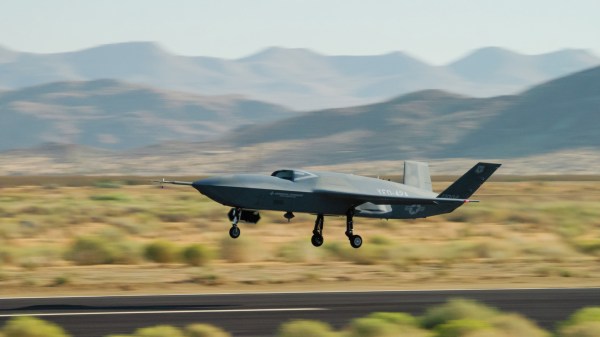Marine Corps reaches deal with Palantir for Maven Smart System

The Marine Corps is acquiring a new enterprise license from Palantir Technologies as it looks to proliferate the company’s AI-powered Maven Smart System capability throughout the force, the service announced Wednesday.
The contract was finalized Aug. 15 in partnership with the Pentagon’s Chief Digital and AI Office, the Silicon Valley-headquartered Defense Innovation Unit, and the Army Research Lab, according to a press release.
The announcement did not disclose the dollar value of the contract, and the Marine Corps has not yet provided that information.
Last year, the Defense Department inked a $480 million, five-year IDIQ contract with Palantir for the MSS technology. A few months ago, DOD revealed its decision to increase that contract ceiling to nearly $1.3 billion through 2029, to meet the “growing demand” for the tool.
The Marine Corps’ latest pursuit of these types of capabilities comes as the U.S. military is pursuing a warfighting construct known as Combined Joint-All Domain Command and Control, or CJADC2, with the aim of better connecting its sensors, shooters and data flows through a unified network.
“MSS is a mission command application (MCA) and data integration platform that aggregates data across Service and Joint C2 technology stacks to share a live, synchronized view of the battlespace,” officials wrote in Wednesday’s press release. “This enables rapid sensor-to-shooter engagements through a fully digital workflow, leveraging automation and AI-driven tools for advanced target management.”
Under the new deal, Fleet Marine Force units will have expanded access to Maven Smart System licensing down to the tactical level within each major subordinate command, and the supporting establishment will also use it to “support training, integration testing, and reach-back support,” per the release.
In a statement, Commandant Gen. Eric Smith said the MSS capability will enhance intelligence, targeting and decision-making for joint fires integration and maritime domain awareness.
Lt. Gen. Jerry Carter, deputy commandant for information, added that Marines will “continue to look for opportunities to leverage AI and other emerging capabilities at speed and scale.”






